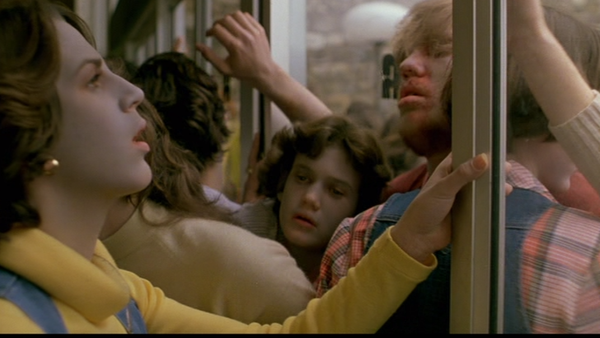10 Hidden Meanings Behind Famous Horror Movies
Amidst all the guts and gore, these horror movies have something important to say.

All too often dismissed as a lowbrow genre that indulges in gory shock tactics and cheap thrills to appeal to the lowest common denominator, it seems many think that horror couldn’t possibly have anything meaningful to say. But they’d be wrong because beneath all the guts and gore, the horror genre has excellent potential for exploring themes of a political nature.
Admittedly, the genre is chock-full of films that are reactionary in tone whether in their focus on gratuitous nudity (usually of the female variety) or their unwillingness to let a non-white character live much long after the opening credits have rolled. Yet there is a subversive subset of horror movies that are covertly vocal about the societies and politics from which they were spawned.
In fact, since the horror’s inception the genre has proven fertile ground for filmmakers of a more political persuasion with topics touched upon as far ranging as feminism, nuclear weapons and consumerism. While at face value horror might seem an excuse for voyeuristic violence, dig a little deeper and you’ll find allegories for very real social and political concerns as these upcoming movies prove.
10. The Cabinet Of Dr. Caligari Is A Premonition For Nazi Germany

Robert Wiene’s silent horror The Cabinet of Dr. Caligari has been hailed by legendary film critic Roger Ebert as ‘the first true horror film’. Made way back in 1920, the movie not only played a massive part in shaping the look and feel of future horrors and film noirs but was also a pioneer of various cinematic techniques including the frame story and unreliable narrator. Furthermore, it’s a film that both captures the era’s artistic style, German Expressionism, and accurately illustrates the political and economic turmoil of post-World War I Germany.
In the years leading up to the making of the movie, after suffering defeat in World War I, Germany found itself under the rule of the newly established Weimar Republic. Facing territorial losses and massive war reparations imposed by outside forces, the German people grew increasingly humiliated and disillusioned with their new government and saw both the internal and external authorities that plunged their country into chaos as tyrannical and brutish.
Meanwhile in the fictional world of The Cabinet of Dr. Caligari a small German town is disrupted by the arrival of a mysterious figure, the titular doctor, who starts committing a spate of murders via his hypnotised henchman, a somnambulist named Cesare. With Dr. Caligari standing in for the authorities controlling Germany and Cesare representing the German people, the movie captures the state of dread and oppression the populace felt the powers that be had thrusted upon them.
Given that just a few years after its release the Nazi Party’s rise to power would be in full swing, film theorists have too interpreted Dr. Caligari – a tyrannical madman committing atrocities via an obedient puppet – as a premonition of Germany under Hitler’s rule.